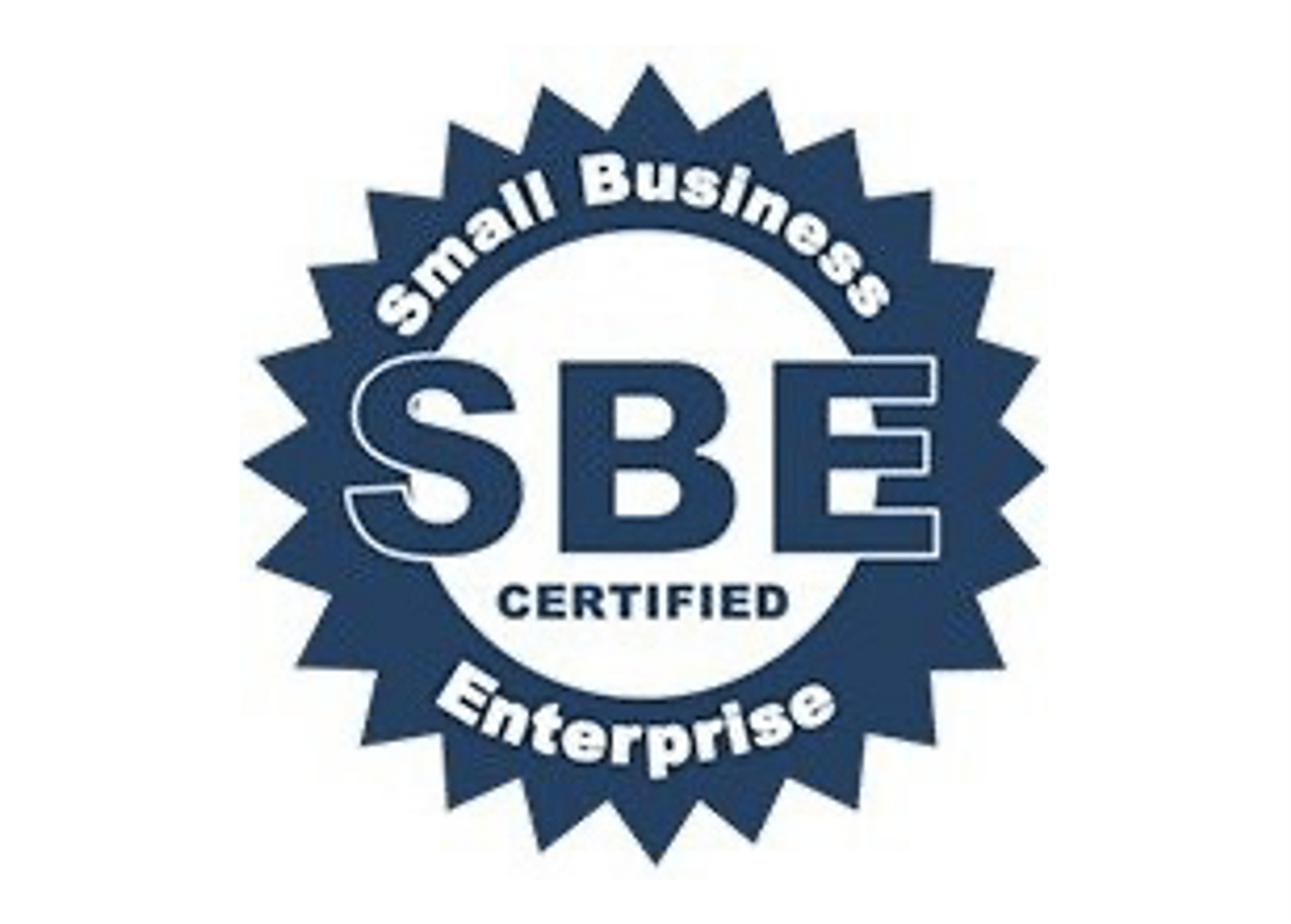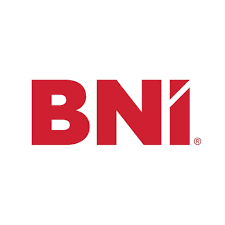Custom Website Design and SEO
Tips from your Houston website marketing company
Good website design and SEO both have a massive impact on your company's website ranking on the search engines. Ideally, you want to combine both of these things to generate the most traffic to your website. You can achieve this by hiring an excellent custom website designer who can implement certain SEO features onto your website.
True Digital Marketing, a Houston SEO marketing agency, can create an excellent site for your business. We design creative websites in both appearance and professionalism. A custom website designed with Google best practices in mind will increase the number of people who choose to visit your site, stay there, and also return. A good website designer ensures that your website is a high-functioning and professional-looking web page that demonstrates your talent and abilities to people.
Why does your website need recurring SEO services?
Website designers can incorporate many of the above-mentioned SEO aspects to improve your website. For instance, they could create great error 404 or 301 redirects for you. They could also help you get a great domain name and include AMPs for your mobile website to ensure it looks great on smartphones. There are also many other ways you can have them improve the overall quality of your website and drive more traffic toward it.
In short, the best way for you to improve traffic to your new website would be to combine having a great-looking website with having your custom website designer include as many SEO elements as they can onto your site, ensuring it receives as much traffic as possible.
Still not sure what is SEO means? Let's review some of the commonly used terms and phrases used when providing SEO services:
1. Google Algorithm
The google algorithm is the set of rules that Google follows to rank websites in search results. Google determines how a website should be ranked by following an algorithm that assesses the quality and relevance of the content on the website. Factors such as content quality, relevance, authority, and popularity are all taken into account when determining how a site should be ranked.
2. What Are Website Citations?
A citation is a reference to your company's name, phone number, and address. You can find situations of different businesses on many online locations, like industry directories or chamber of commerce websites. You want your citation information to be as accurate as possible because Google uses this information to judge your business's legitimacy.
3. AMP Pages
AMP pages stand for accelerated mobile pages. It refers to a website page that's optimized for quickly appearing on a smartphone screen. So, AMP pages load faster on mobile devices, and it's important for your mobile content to be at least as good as your desktop one, as we established earlier. AMPs are also useful to avoid having different page versions for the same page.
4. Anchor Text
An anchor text is a hyperlinked text that directs users to other relevant websites. For instance, if you have a blog about hats and you talk about woolen caps for the winter, you could hyperlink text in your blog posts that take users to an Amazon affiliate link about woolen caps. Anchor text is extremely important for internal linking because it lets you make useful and relevant connections between different pages on your website. That being said, your anchor text should be short and relevant for maximum effect.
5. 404 Pages and 301 redirects
A 404 error reports that your website can't be found. A 404 message usually contains an error message for visitors. But, some websites even have their own 404 error pages to give users a better experience. These customer 404 pages could be designed around the website's theme and give a nice positive impression of your business.
Ideally, your website shouldn't have any 404 errors at all. And you can use a simple 301 redirect to prevent 404 errors on your site.
6. Direct Traffic
Direct traffic refers to traffic that goes directly to your website before first going through a search engine like Google. For example, it's direct traffic if someone directly types your URL instead of first searching for your website online. It's also direct traffic if someone opens your website through a link they received in an email. Google ranks direct traffic very highly because it's evidence of quality content.







